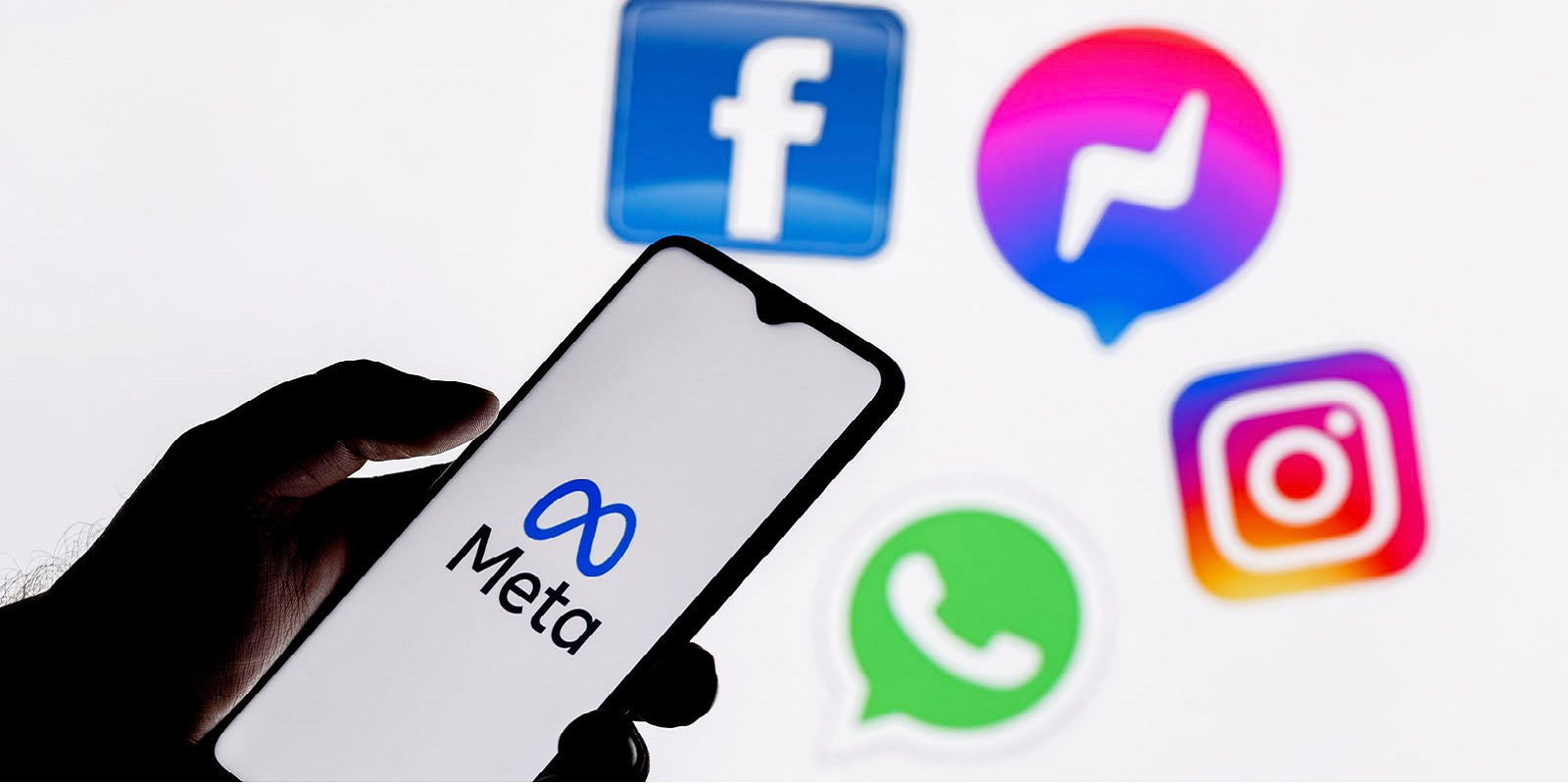Meta, the parent company of Facebook, Instagram, and WhatsApp, has concluded “The Future of Online Safety Summit” in Abuja, Nigeria, a two-day event focused on addressing the growing threats of financial sextortion, online fraud, and other forms of digital crime.
The summit brought together representatives from government agencies, law enforcement bodies, civil society, and the private sector to discuss how Africa can respond to new forms of online exploitation. The event highlighted the importance of multi-stakeholder partnerships in building a safer digital environment for users across the continent.
Held in collaboration with Nigerian and Ghanaian cybercrime agencies, the gathering featured in-depth discussions on the challenges faced by internet users, particularly the youth, and how local expertise can shape more effective safety measures.

Kojo Boakye, Vice President of Public Policy for Africa, the Middle East, and Türkiye at Meta, said the company’s focus is to create victim-centred, technology-driven tools that make online spaces safer.
“We’ve developed a range of features to combat digital crimes like sextortion scams on our platforms, working closely with experts and law enforcement professionals to understand tactics of these bad actors and design effective solutions to stop them,” he said.
Local and global stakeholders unite for safer digital spaces
The summit underlined that online safety cannot be achieved by one sector alone. Speakers emphasised collaboration between tech companies, telecom providers, NGOs, and governments. By working together, they aim to share intelligence, improve response systems, and deliver practical results in the fight against online crimes.
Among the participants were representatives from Nigeria’s National Agency for the Prohibition of Trafficking in Persons (NAPTIP), the Nigeria Police Force National Cyber Crime Centre (NCCC), and Ghana’s Cyber Crime Unit. They discussed new ways to curb online exploitation through law enforcement, awareness campaigns, and user education.
Director-General of NAPTIP, Binta L. Adamu Bello, praised Meta for its long-standing collaboration with Nigerian agencies. She said, “Meta’s support has shown that public-private partnerships are essential for protecting vulnerable people online. The company’s cooperation with law enforcement has been instrumental in preventing exploitation and ensuring offenders face justice.”
Other participants also noted that coordinated digital safety measures can help Africa take the lead in shaping global responses to emerging cyber threats. The Deputy Director of Public Prosecutions and Head of the Cybercrimes Prosecutions Unit at the Federal Ministry of Justice, Jamila Akaaga Ade, said that the summit reinforced the importance of cooperation.


“This timely summit comes at a crucial moment. We must embrace a whole-of-government and whole-of-society approach to stop offensive content and cyber offences before they spread,” she stated.
The discussions also touched on the role of artificial intelligence and advanced content moderation systems in detecting and blocking harmful content. Meta showcased its latest technologies for identifying exploitation-related materials, fraudulent activity, and coordinated scams.
Also read: Meta shares 6 proven tips to keep older adults safe online
Participants were also shown tools that allow users to control their online experiences, including reporting systems, content filters, and safety resources available on Meta platforms.
Empowering users through awareness and partnership
One of the central messages from the summit was the need for user education and community awareness. Stakeholders agreed that while technology can provide tools for safety, education is the first line of defence. Meta and its partners stressed the importance of public campaigns, especially those targeting young people who are often the most exposed to digital risks.
According to discussions during the event, financial sextortion and digital fraud have become more sophisticated across Africa. Criminals are exploiting social media platforms to deceive users, extort money, or gain access to sensitive information. In response, experts at the summit called for more proactive approaches, including localised awareness programs in schools, community centres, and online spaces where young people are most active.
Meta’s team also shared insights into its ongoing safety initiatives. These include community standards on child protection, human exploitation, and scams, as well as a dedicated law enforcement outreach team that works closely with national cybercrime units to identify and take down harmful content.


The company said it continues to build safety features that empower users to report abuse, block unwanted interactions, and get help when they encounter potential scams or harassment.
The summit further explored how partnerships with telecom operators and financial platforms could strengthen protection for mobile users. With Africa’s rapid digital growth, these collaborations could help extend safety measures beyond social platforms to digital payments, e-commerce, and online learning environments.








